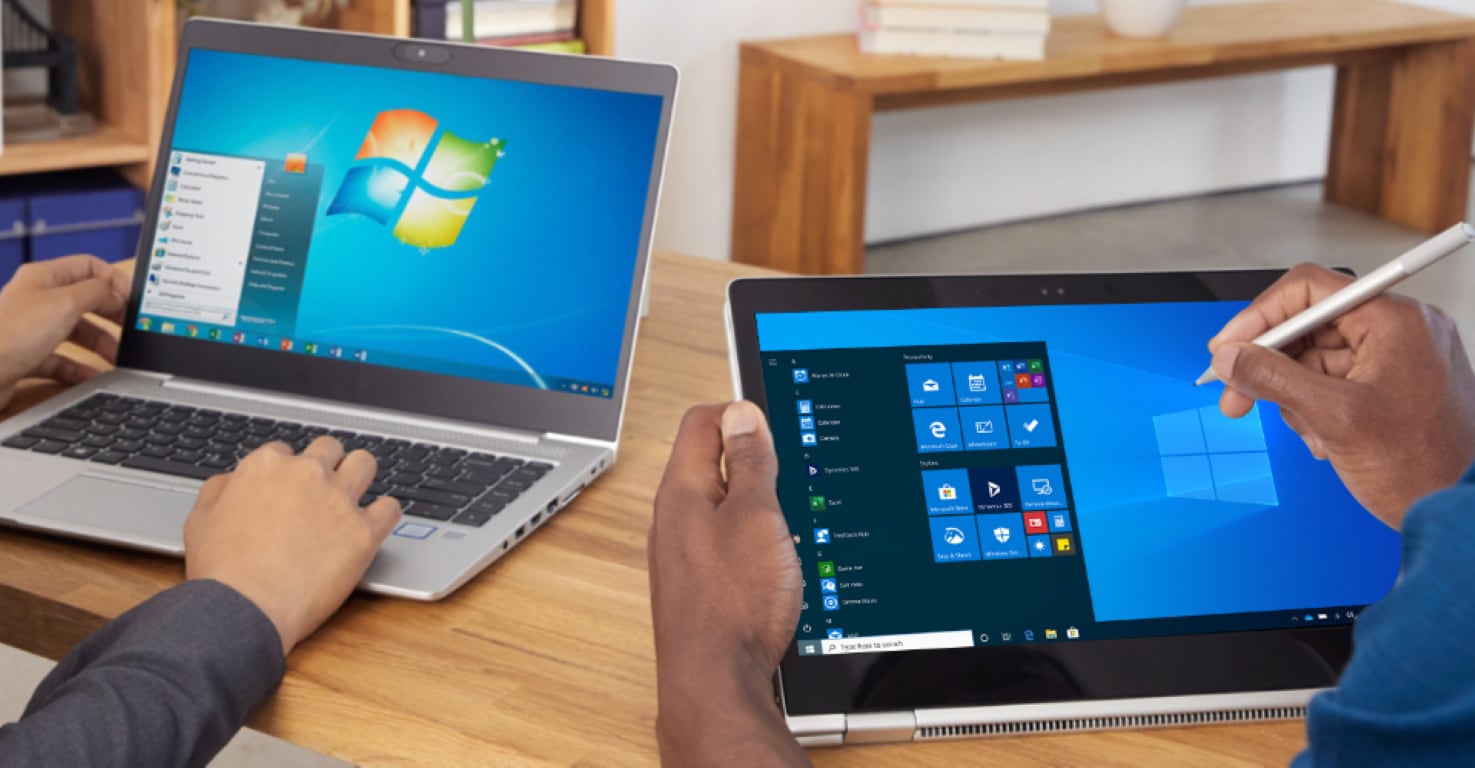Microsoft ends Windows 7 support

Microsoft ended support for the Windows 7 operating system last Tuesday more than a decade after its initial release date as it continues to focus on “newer technologies”.
The decision to cut extended support will leave users without security updates and patches which could make connected devices vulnerable to hackers and other malicious third parties.
Microsoft recommends an upgrade to the latest operating system, Windows 10, but the short deadline could be a problem for both personal and business users.
UK authorities have urged those still on the legacy software to steer clear of internet banking and even basic email.
Companies heavily reliant on Windows 7 applications also face a possible headache though Microsoft has confirmed that paid Extended Security Updates for businesses will continue until 2023.
However, charges currently run from around £19 to £150 per device and costs are set to increase year-on-year.
Despite its old age in tech terms, Windows 7 is still installed on 25% of all Windows machines.
Computers with the software will still function after the deadline passes, but personal data and general security will be at a higher risk as hackers look to exploit weaknesses to target devices.
Cyber security expert, David Emm says a switch to a supported operating system in the coming days and weeks is crucial.
Windows 10 currently retails for around £120 in the UK and can be installed on machines with a 1GHz or faster processor, 1GB of RAM memory and 16GB storage.
